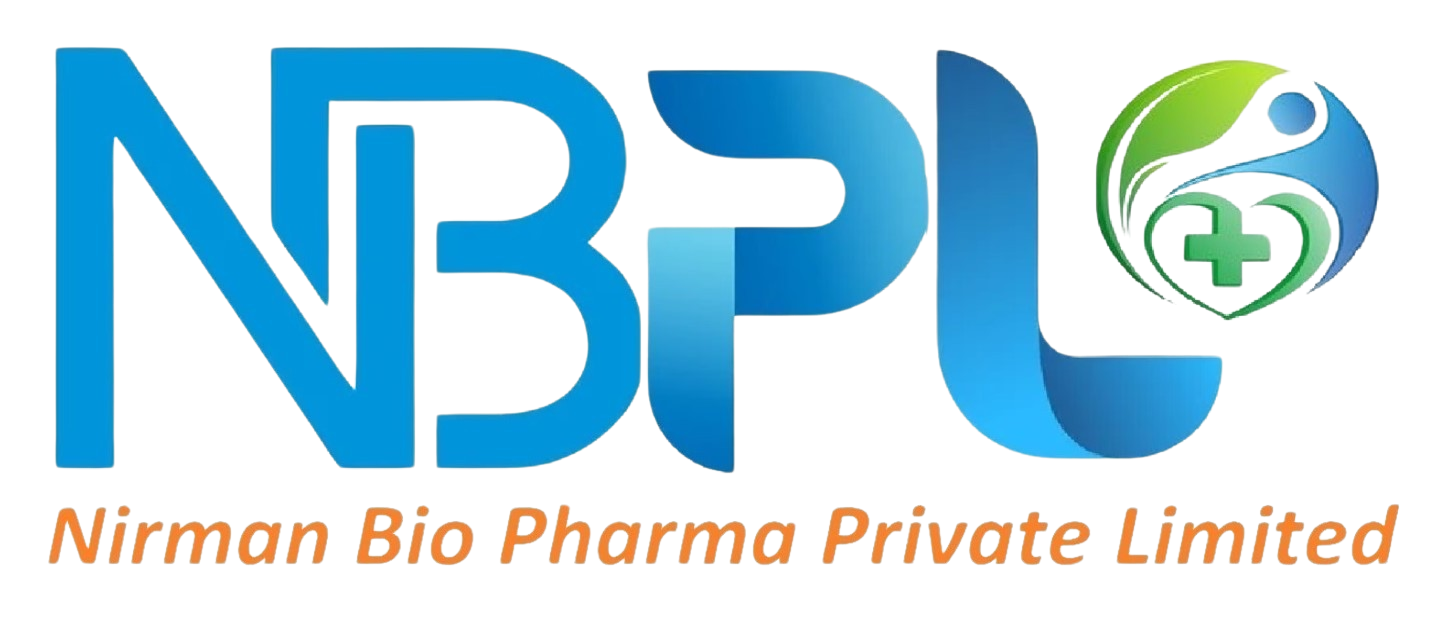- Your cart is empty
- Continue Shopping
The role of generic medicine in
-
nirmanbiopharma
- Posted on
- 0 comments

-
1.Affordability and Access.
In many cases, the availability of generic options encourages competition in the pharmaceutical market, further driving down prices and increasing accessibility. This competitive environment benefits consumers by providing them with more choices and encouraging innovation in drug development. -
2.Economic Impact.
Studies have shown that the adoption of generic drugs can lead to billions of dollars in savings annually in healthcare expenditures. These savings can be redirected towards improving healthcare infrastructure, funding research and development, and expanding access to preventive care services. -
3. Quality and Safety
Generic drugs must demonstrate that they perform similarly to their brand-name counterparts in terms of dosage form, strength, route of administration, quality, and intended use. This rigorous regulatory process ensures that generic medicines are safe and effective alternatives to brand-name drugs, providing patients with confidence in their treatment options. -
4.Patient Education and Acceptance.
Clear communication and education campaigns can dispel these myths and encourage informed decision-making based on scientific evidence and regulatory approvals. Patients can be reassured that generic medicines undergo rigorous testing and adhere to the same high standards as brand-name drugs.
Conclusion
In conclusion, generic medicines play a vital role in healthcare by enhancing affordability, expanding
access, and maintaining high standards of quality and safety. Their economic benefits, coupled with
their positive impact on global health initiatives, underscore their importance in modern healthcare
systems.
As we continue to navigate the complexities of healthcare delivery and access, the role of
generic medicines remains pivotal in ensuring equitable healthcare for all. Embracing the potential of
generic drugs not only improves patient outcomes but also strengthens healthcare systems
worldwide.
Through ongoing research, innovation, and collaboration among stakeholders, we can further
optimize the use of generic medicines and leverage their full potential to meet the evolving healthcare
needs of diverse populations.

